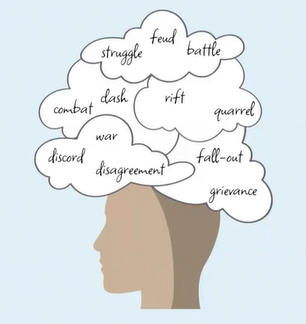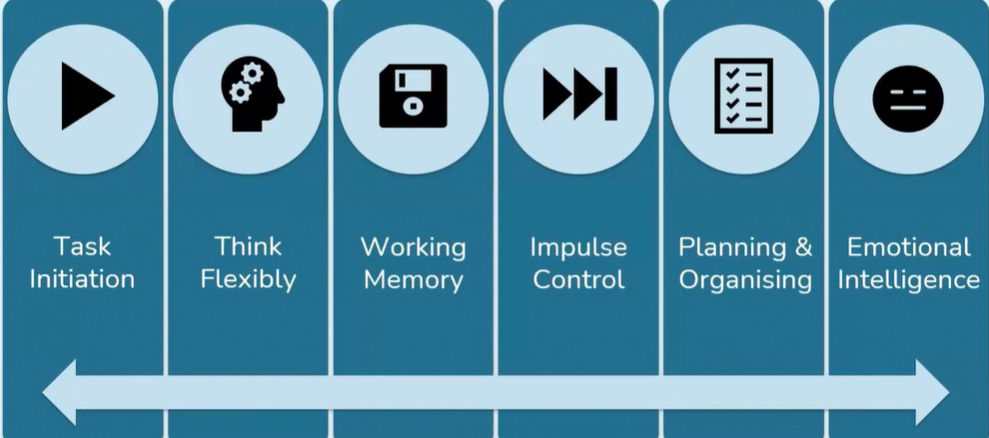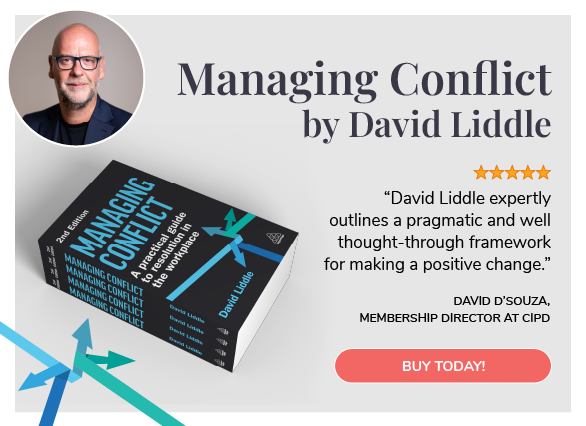
Share article:
Tags:
Neurodivergence offers unique strengths, perspectives, and creativity to the modern workforce. However, without understanding and support, it can also lead to communication barriers, confusion and conflict, which can consequently severely affect individual wellbeing and work performance.
On the contrary, when given the right tools and reasonable adjustments, neurodivergent individuals can go on to become the greatest leaders, innovators and changemakers. The likes of Bill Gates, Albert Einstein, Steve Jobs and Greta Thunberg are powerful examples of the potential that neurodivergent minds bring to the world.
So what is neurodivergence?
It’s estimated that 15-20% of the global population exhibits some form of neurodivergence. Neurodivergence is a term that refers to the range of differences in individual brain function and behavioural traits that diverge from what is considered typical or ‘neurotypical’. It encompasses a variety of conditions that affect cognition, attention, mood, learning and social interaction. It is important to remember that it is not a mental illness or sign of poor intellect.
Neurodivergent conditions include: Attention Deficit Hyperactivity Disorder (ADHD), Autism, Dyslexia, Dyspraxia, Dyscalculia, Dysgraphia and Tourette’s Syndrome, each which present differently person to person.
In the workplace:
- 25% of CEOs are Dyslexic
- 1 in 100 are on the autism spectrum
- Less than a fifth of autistic adults are in full-time work
- Two-thirds of employers admit to having little or no understanding of neurodiversity
A closer look at ADHD
What makes conditions like ADHD even more challenging is that individuals often consciously or unconsciously ‘mask’ their symptoms. This can lead to people going undiagnosed for much of their young lives, sometimes even into mid-life and beyond. Historically, this has been especially true for women, who have been underrepresented in neurodivergence research and often present ADHD symptoms differently than men. Their symptoms are typically more internalised, including inattention, disorganisation, and forgetfulness. Many women with ADHD also experience mental health challenges such as depression and anxiety. Other symptoms associated with the condition include impulsivity, emotional dysregulation, hyperactivity and fidgeting.

It’s no surprise that these challenges can contribute to conflicts, especially when others are unaware of the underlying neurodivergent traits or don’t have experience in dealing with them. This can be particularly damaging for those with ADHD, who can also suffer from Rejection Sensitivity Dysphoria (RSD); severe emotional pain at perceived or real rejection, as a result of their symptoms.
Webinar: Navigating conflict with ADHD and neurodivergence
In our webinar, our expert mediator Marie Coombes shared her personal experiences and delved into the unique and complex ways that neurodivergent symptoms can influence conflict and how understanding these dynamics can enhance mediation practices and support mental wellbeing.
In addition to the above overview, her webinar covered practical tools and insights, looking at questions such as:
- do you deal with conflict more like a fox, a turtle or an owl?
- how does neurodivergence manifest in mediation, and what steps should you take?
- what is mediation’s role in a wellbeing space?
>> Watch the webinar now <<
Take action to foster an environment where neurodivergent employees thrive
- Explore our workplace mediation services
- Empower neurodivergent individuals through 1:1 or team coaching
- Contact us to arrange for training on courses such as Psychological Diversity: Strategies for Inclusive Conversations








